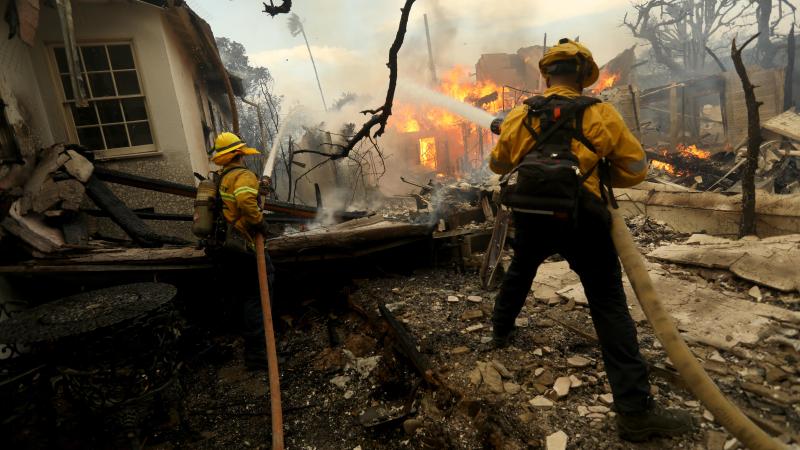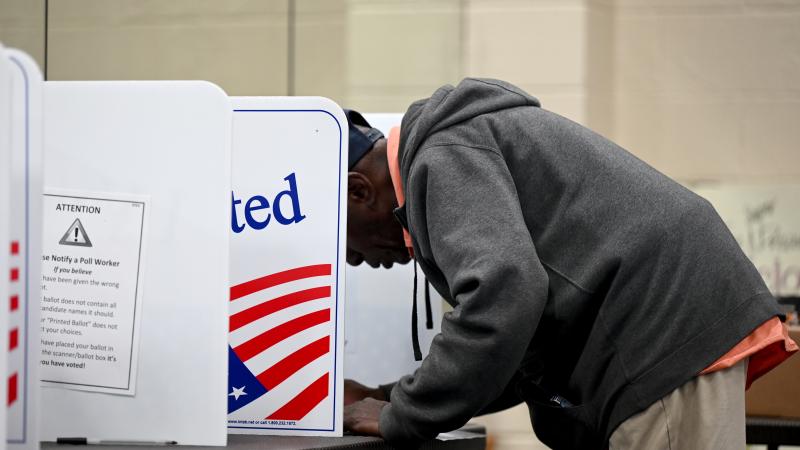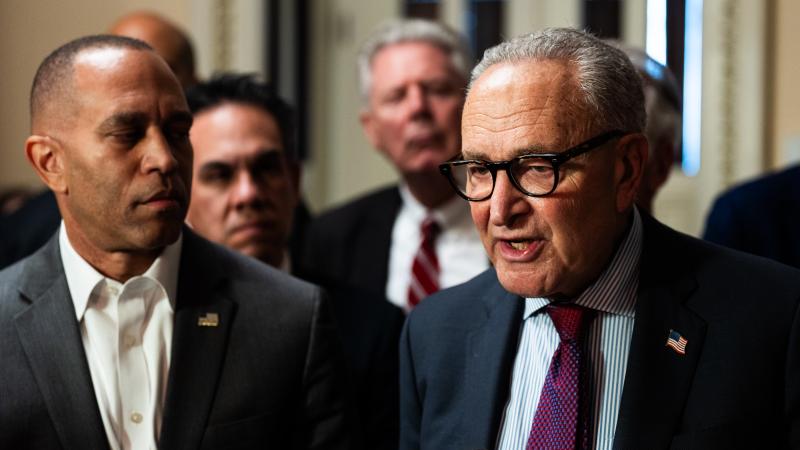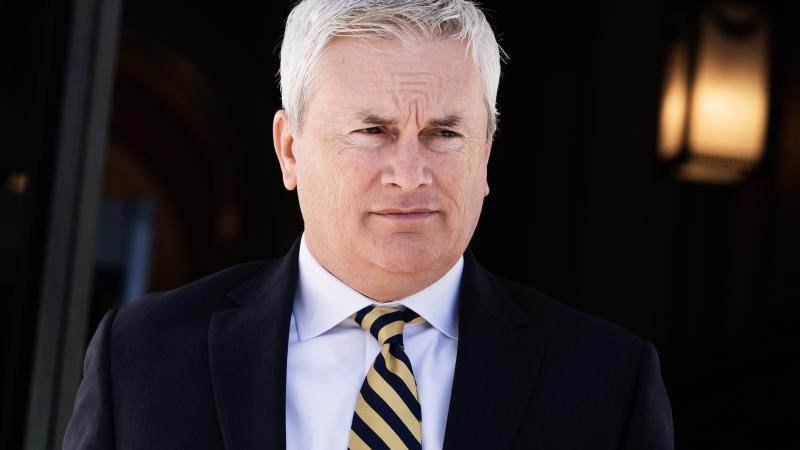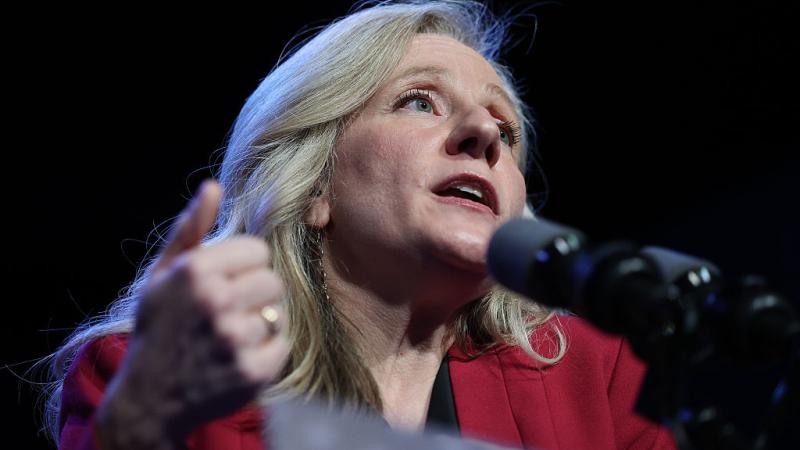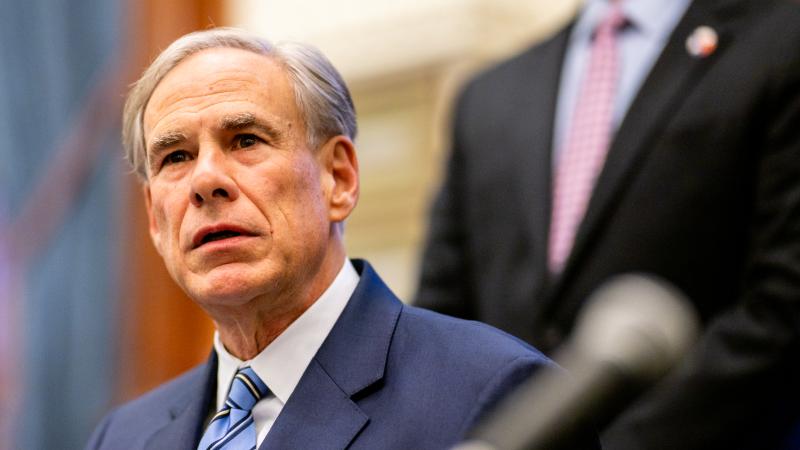A conservative climate expert's answer to global 'lukewarming': Grow the economy
Since 1980, damage and deaths per capita as a result of weather have dramatically dropped, says Patrick Michaels, former state climatologist of Virginia.
Climate change is real, acknowledges Patrick Michaels, former state climatologist of Virginia — but it is less extreme, less destructive, and less attributable to human activity than the dire models of climate change alarmists claim.
Rather than try to offer a weakened, watered-down, cheaper version of the Democrats' sweeping Green New Deal proposals to phase out fossil fuels, Michaels suggests two priorities for a conservative alternative: Change the narrative, and grow the economy.
"It became apparent to me that this warming issue was likely to be a real, but also likely to be overblown," Michaels, senior fellow at the Center for Energy and Environment at the Competitive Enterprise Institute, told the John Solomon Reports podcast. "In other words, human beings have something to do with the warming that occurred since, say, from the late 1970s roughly to the late 1990s. But they don't have everything to do with it. And it's relatively small.
"So I think we ought to use the term 'lukewarming,' rather than 'global warming,' or 'climate change.' Because that's really what the atmosphere is doing."
Michaels said a paper he recently came across that used data from Munich Re, a large, multinational reinsurance company, showed "that weather-related damages around the planet" have dropped dramatically since 1980 "in damage per capita, or deaths per capita."
"It's not going in the direction that everybody thinks it is," Michaels said. "More important, the more affluent your country is, the less damages you suffer and the fewer deaths that you suffer. So it would seem to me that the best thing to do about lukewarming is to encourage economic growth, because people adapt to that quite well."
In other words, the best response to "lukewarming" is to just "continue doing what we're doing," Michaels suggested.
"It's very clear that there are fewer weather or climate-related deaths as the planet's surface warms slightly," he noted. "That's because greenhouse warming tends to concentrate itself in the winter and at night, and winter fatality is much greater than summer mortality."
Conventional wisdom notwithstanding, "we're making the earth greener," he said, adding: "The amount of greening caused by simply putting CO2 in the air is pretty spectacular."
The areas of the world that are greening the most are tropical rainforests in South America, Africa, and East Asia, which are the "places that people were wringing their hands over," Michaels explained.
Michaels suggested that with fewer people dying, the planet becoming greener, and agricultural productivity increasing exponentially over recent decades, what people are currently doing for the planet by encouraging economic growth seems to be working — and if it ain't broke, why fix it?

